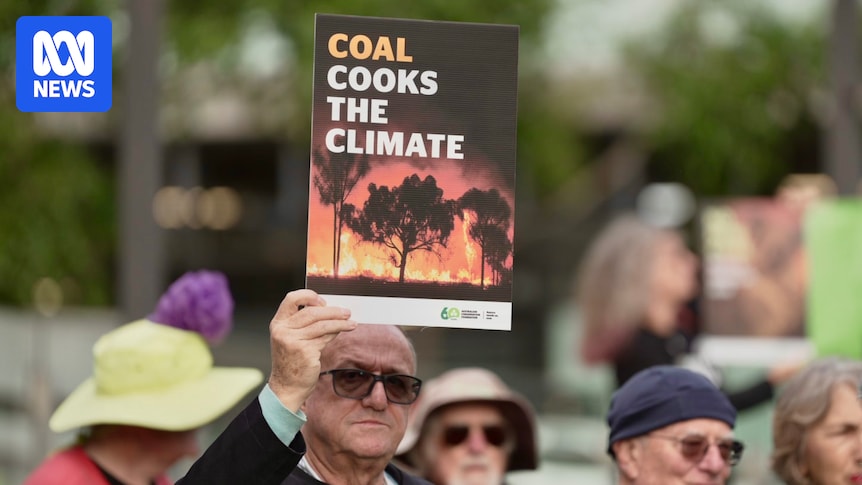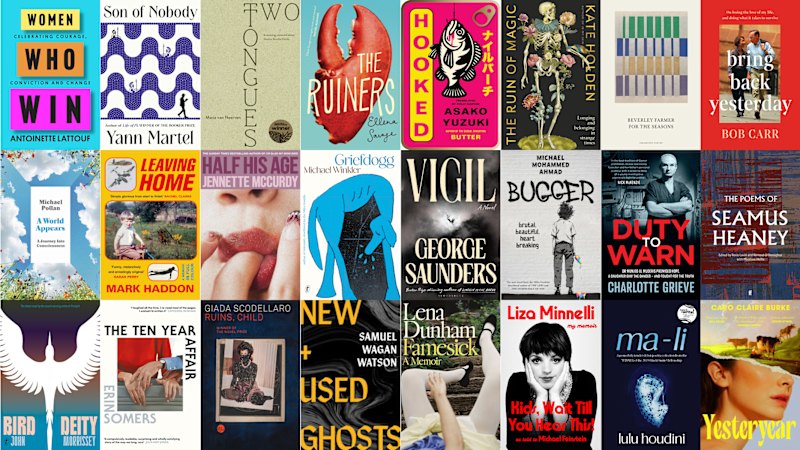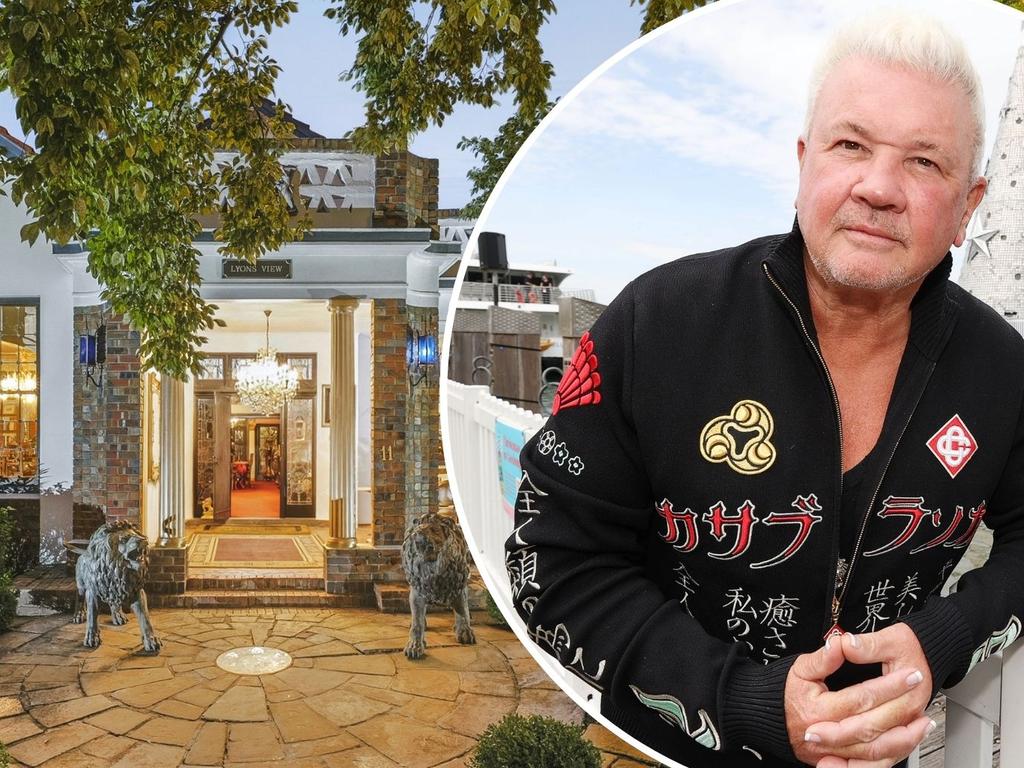
A legal challenge by conservation groups to halt one of Australia’s largest proposed greenfield coal projects has commenced in the Queensland Land Court. The Australian Conservation Foundation (ACF) and Mackay Conservation Group (MCG) have lodged objections against Whitehaven Coal’s Winchester South open-cut coal mine, located in the Bowen Basin.
The $1 billion project is anticipated to produce up to 17 million tonnes of coal annually over its 28-year lifespan. The conservation groups argue the mine should not proceed due to its significant environmental and human rights impacts. The site, situated 30 kilometers southeast of Moranbah, would primarily extract metallurgical coal, essential for steel production, alongside thermal coal.
Environmental and Human Rights Concerns
The conservation groups are expected to argue that the court should recommend against granting a mining lease and environmental authority for the project. ACF’s climate and energy project manager, Gavan McFadzean, emphasized the project’s potential to generate at least 583 million tonnes of climate pollution.
“It’s a coal project that will emit more emissions than Australia does in an entire year,” McFadzean stated outside the court in Brisbane. “New coal projects simply cannot be approved if we’re to stay within a 1.5 degree Celsius pathway.”
MCG climate campaigner Imogen Lindenberg highlighted the necessity of protecting local communities from climate change impacts. “We are already living in a time of climate catastrophes; we can’t afford to keep making the same mistakes,” she said.
Whitehaven Coal’s Defense
Whitehaven Coal contends that the Winchester South project is the “right project, in the right place, by the right miner, at the right time.” The company asserts that the project would create 500 jobs during construction and operation, with support from the area’s traditional owners, the Barada Barna people, and the local community.
Whitehaven’s barrister, Saul Holt KC, argued that there is strong demand for metallurgical and thermal coal, which the project would supply. He emphasized the economic benefits to the local community and the state of Queensland.
“It promises considerable economic benefit to the local community and the people of Queensland,” Holt said, noting that 60% of the coal mined would be metallurgical and 40% thermal.
Legal and Environmental Precedents
The case follows a 2022 ruling by the Queensland Land Court, which found that human rights would be unjustifiably limited by Waratah Coal’s proposal for a large thermal coal mine in Central Queensland. Whitehaven’s project, predominantly metallurgical, is presented as distinct from the Waratah case.
ACF and MCG’s barrister, Emrys Nekvapil SC, acknowledged the economic benefits but stressed the environmental impact of coal extraction. “Regardless of the label, its extraction will increase the atmospheric concentration causing environmental harm,” he argued.
Approval Process and Future Implications
The hearing is expected to last at least seven weeks, with Judge Nicholas Loos set to visit the proposed site. The Land Court will eventually recommend whether the mine should be approved or refused, leaving the final decision to the Queensland government.
The project is subject to a comprehensive approval process. The state’s coordinator general recommended proceeding in 2023, subject to conditions, and the Queensland Department of Environment, Science and Innovation approved the Environmental Authority application in 2024. However, Whitehaven still requires an Environmental Authority and mining lease from the state government, while the federal government will make the ultimate decision.
The outcome of this case could set a significant precedent for future coal projects in Australia, reflecting the ongoing tension between economic development and environmental sustainability.







